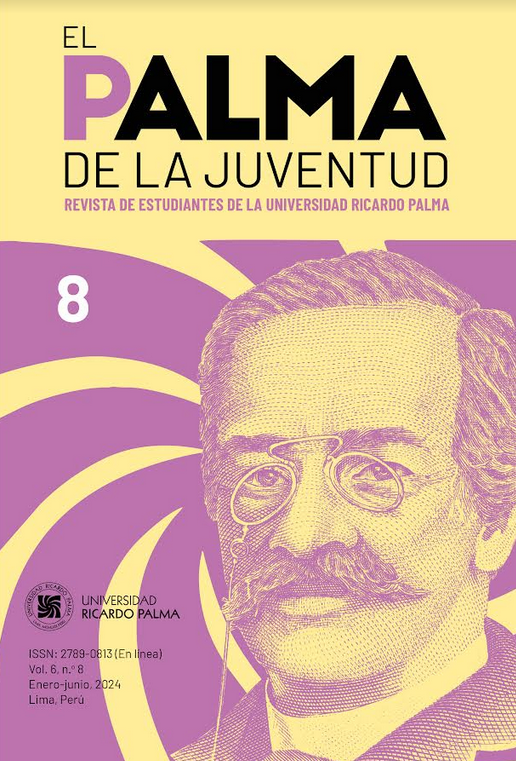The Censorship as a means of social control: an analysis from Boccaccio’s Decameron
DOI:
https://doi.org/10.59885/epdlj.2024.v6n8.07Keywords:
Boccaccio, freedom of expression, censorship, Middle Ages, religion, dogmas, literature, sexualityAbstract
The enjoyment of human rights is fundamental for the development of human life. One of these rights is freedom of expression, which is affected by censorship; however, due to the principle of interdependence of human rights, censorship also violates cultural rights. In this text we will see the effects produced by the censorship of Boccaccio’s Decameron; starting from the scope of the violations of rights, the censorship process, and the content of the text, to the point of considering the law as an instrument of social control, through which groups of power can continue to exercise a hegemonic role over the population.
References
Boccaccio, G. (2016). Decamerón (Trad. M. Hernández Esteban). Catedra Letras Universales.
Bragado, J. y Caro, C. (2004). La censura gubernativa en el siglo xviii. Hispania: Revista Española de Historia, 64(217), 571-600. https://doi.org/10.3989/hispania.2004.v64.i217.188
Carbonero y Sol, L. (2001). Índice de los libros prohibidos por el Santo Oficio de la Inquisición Española, desde su primer decreto hasta el último, que espidió en 29 de mayo de 1819, y por los Rdos. Obispos Españoles desde esta fecha hasta fin de diciembre de 1872. Imprenta de D. Antonio Pérez Durruli.
Fiss, O. (2020). Mill, acerca de la libertad de expresión. Revista del Centro de Estudios Constitucionales, 6(11), 95-107. http://hdl. handle.net/20.500.13051/18170
Kimble, C., Hirt, E., Díaz-Loving, E., Hosh H., Lucker, G. y Zárate, M.
(2002). Psicología social de las Américas. Pearson Education. Schmitt, C. (1932). El concepto de lo político. Alianza Editorial.
Downloads
Published
How to Cite
Issue
Section
License
Copyright (c) 2024 Mario Iván Escamilla Martínez

This work is licensed under a Creative Commons Attribution 4.0 International License.
La revista utiliza una licencia Creative Commons para mostrar a los lectores y usuarios cómo se pueden utilizar los contenidos publicados.
Los contenidos publicados en esta revista están bajo una licencia CC-BY 4.0. Esta licencia permite:
- Compartir, copiar y redistribuir el material en cualquier medio o formato.
- Adaptar, remezclar, transformar y construir a partir del material para cualquier propósito, incluso comercialmente.
Bajo los siguientes términos:
- Atribución. Usted debe dar crédito de manera adecuada, brindar un enlace a la licencia, e indicar si se han realizado cambios. Puede hacerlo en cualquier forma razonable, pero no de forma tal que sugiera que usted o su uso tienen el apoyo de la licenciante.










